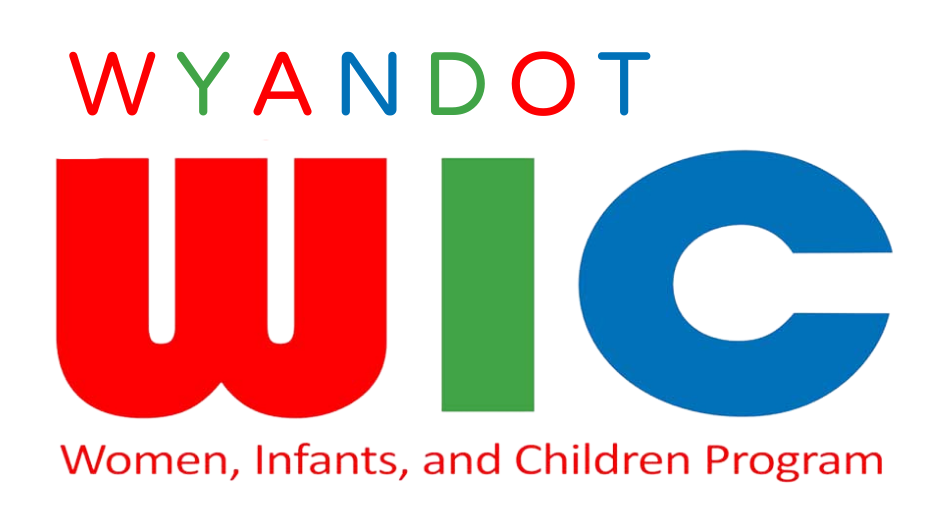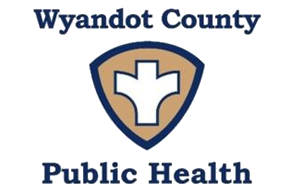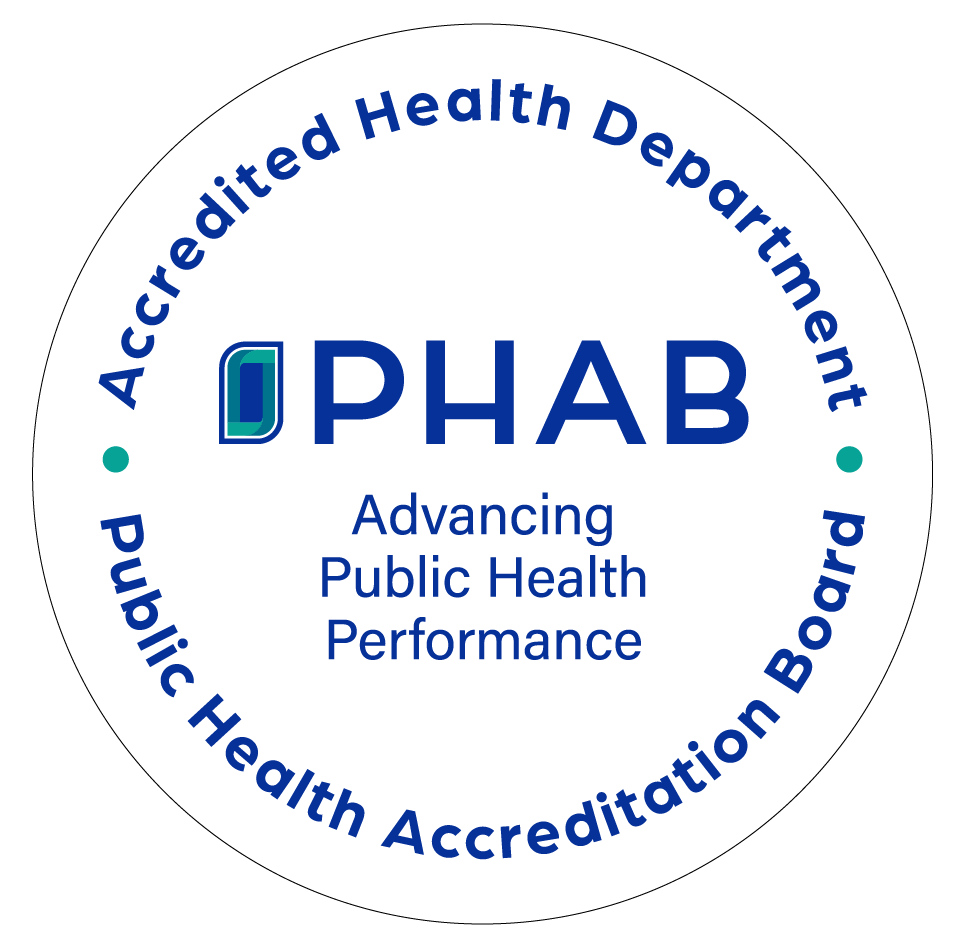August is Breastfeeding Awareness Month, a month aimed at drawing both awareness of the health benefits of breastfeeding and support for breastfeeding from the local to the federal level.
Breastfeeding: The lost skill
Breastfeeding is a skill that was lost over generations due to formula companies pushing formula feeding and more women working longer hours. In fact, breastfeeding rates were lowest in 1972 and have slowly started to recover since that time.
“Breastfeeding is vital for the health of the public, just because of all the health benefits that it gives to both babies throughout their entire lives and moms as well,” Women Infants and Children Director Krystina Auble explained. “Breastfeeding is healthy for moms to do.”

“For many years, breastfeeding was not encouraged as it is now which has led to a huge loss of knowledge,” Auble explained. “We’re slowly building this knowledge back. Roles like lactation consultants and peer support helpers have aimed to fill in for that lost generational knowledge. Back in the day if a new mom had a minor issue with breastfeeding, she may have gotten help from her own mom, aunt, sisters, or friends. Now it’s the peer support helper.
“We know that breastfeeding provides individualized benefits from mom to baby throughout the breastfeeding journey that formula just can’t duplicate. So, bringing in a support system to help explain this information to our moms is crucial.”
Peer support allows mothers to look to another who has breastfed previously to ask questions, put anxiety at bay and to understand when things are normal or in need of additional care.
“The moms we see most often are worried about breastmilk supply,” Wyandot WIC breastfeeding peer support helper Erin Logsdon explained. “There’s a difference between perceived low supply and actual low supply. Moms who are new to breastfeeding may not take things like growth spurts into account. Babies during a growth spurt may cluster feed and mom may feel like she doesn’t have enough milk, but that may not be the case.”
In addition to helping through the breastfeeding journey, Logsdon also helps close the breastfeeding journey with advice to moms for properly drying up their milk supply to avoid complications like mastitis – an infection of the mammary glands.
The benefits
Breastfeeding provides a plethora of benefits to both mom and baby, but many do not realize just how special a mother’s milk can be. Breastmilk changes throughout the breastfeeding journey to meet a growing baby’s unique needs.
The body knows how to change the breast milk to meet a baby’s individual needs through the baby’s saliva when latching for breastfeeding.
“Also, if someone sneezes in a room, a mother’s breastmilk can change to include antibodies for that illness that mom passes to baby, which is just amazing,” Auble said. “The calorie content of breastmilk even changes between baby boys and girls. It’s higher calorie for boys. Breasts can even change temperatures when a baby is feeding if the baby is too hot or too cold.”
In children, breastfeeding decreases the risk of childhood cancer as well as long term issues such as metabolic disease, heart diseases, and diabetes.
A mother’s risk for ovarian and breast cancer decreases when she breastfeeds. Breastfeeding also benefits a mother as well, decreasing risk for long-term issues including metabolic and heart diseases, and diabetes.
“There are stem cells in breastmilk that go directly to the baby’s brain to help with brain growth and development, too” Auble said. “It’s incredible.”
In the short term, breastmilk is typically easier for a baby’s digestive system and helps avoid colic and digestive issues in general. Because of the antibodies that pass from mom to baby, babies who are breastfed are less likely to get sick or will get sick for shorter periods of time. Breastfeeding also releases the bonding hormones for mom creating a deeper connection with baby.
Breastfeeding also comes with safety benefits. Breastmilk is never recalled and is always ready to go when the baby is hungry without the need for a bottle. Likewise, in areas where water is unsafe, babies who are formula fed may be exposed to dangerous pathogens.
“All you need is a boob and baby,” Logsdon said with a smile.
Unlike formula, breastmilk is free. While pumps can be expensive, Logsdon noted that many insurance companies will cover the cost of pumps for mothers.
“Insurance likes to encourage breastfeeding because long-term it’s going to lead to fewer costs,” Auble said. “Unfortunately, most insurances don’t cover visits to a lactation specialist, which can be frustrating because if something’s not quite right and needs adjusted, you would want an International Board-Certified Lactation Consultant visit to be covered, because that would help fix the issue and maintain breastfeeding.”
The skinny on skin-to-skin
Breastfeeding also encourages skin-to-skin contact between mom and baby, which provides important development and connection between the two.
“Humans are carrying mammals like other primates,” Auble explained. “Deer for example are nesting mammals and leave their young at the nest while they find food. For humans, constant touch is what develops the babies brain the best. Skin-to-skin is so heavily promoted because it promotes breastmilk supply, but it also helps a baby’s development in general.”
Logsdon also explained that skin-to-skin can provide a calming effect for both mom and baby and can help when feeling overwhelmed.
“A baby spends nine months in mom listening to her heartbeat and breathing, so the closest they can get to that after birth is on mom’s chest,” Auble noted.
WIC is here to help
Saturday, Aug. 27, 2022, is the BAM Breastfeeding Bash with the HHP WIC and Wyandot County WIC. The event takes place from 10 a.m. to noon at Riverside Park in Findlay and will be promoting breastfeeding and raising awareness about Breastfeeding Awareness Month.
Those with additional questions about breastfeeding may call Wyandot County WIC at 419-294-3341.

